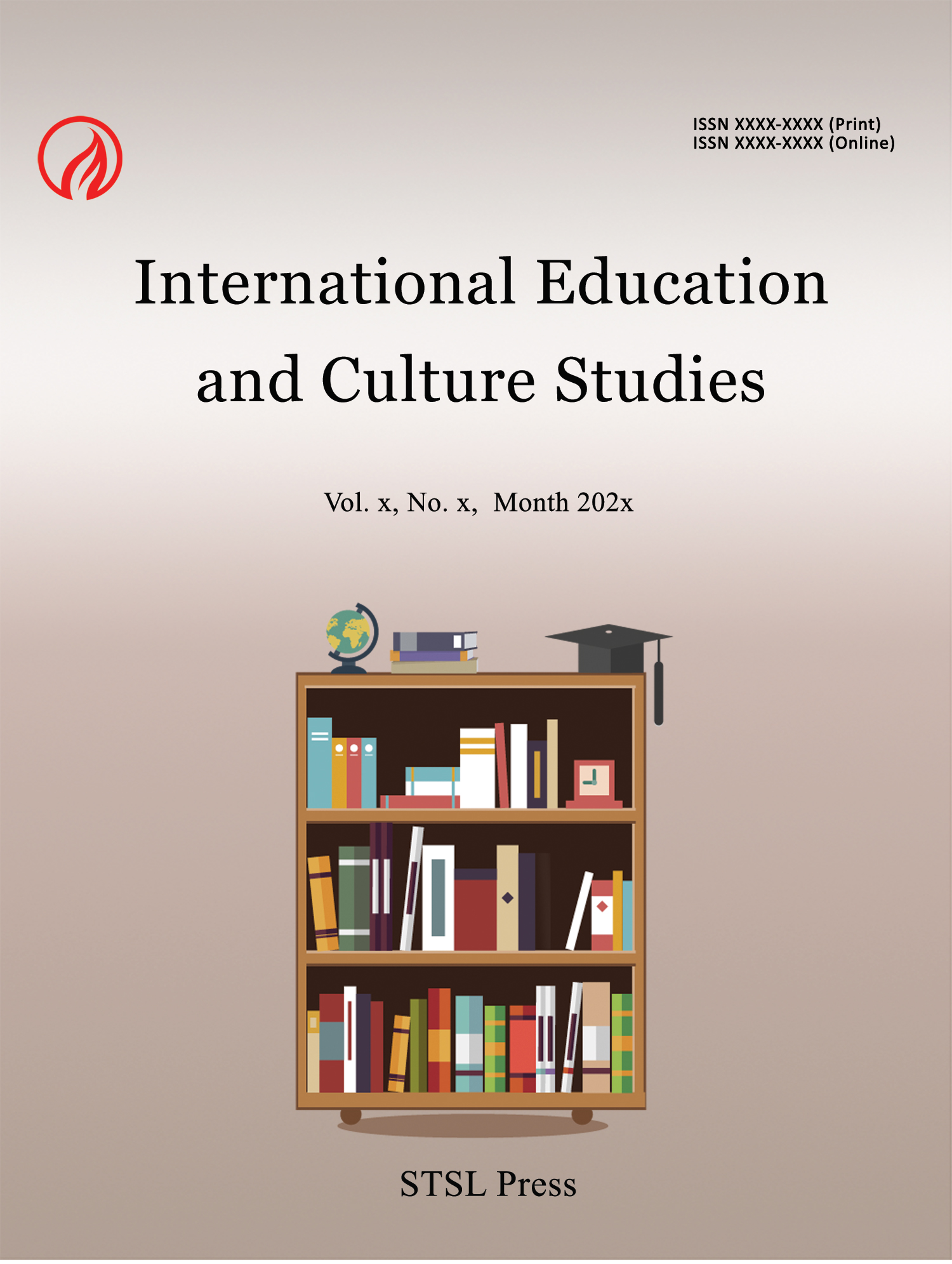Impact of Challenge-Based Learning Enrichment Program on Analytical Intelligence in Mathematics among Gifted High-School Students
Furat Ghany Noury
Ilham Jabbar Faris
Abstract
This study investigates whether a challenge-based enrichment program boosts the analytical skills of gifted fifth-grade math students by asking whether structured enrichment can shape their cognitive abilities and problem-solving aptitude. In most cases, we'll gather hard numbers from tests done before and after the program, along with some candid feedback from both the students and their teachers about their overall enrichment experience. This experimental study investigates the impact of a challenge-based enrichment program on the analytical intelligence of gifted fifth-grade mathematics students. Addressing a critical gap in research on younger high-ability learners, the study employed a pre-test/post-test design with an experimental group (N = 32) participating in structured, hands-on problem-solving tasks and a control group (N = 32) receiving traditional instruction. Results revealed a statistically significant 25% improvement in analytical skills for the experimental group (*p* <0.001, Cohen’s d = 1.67), compared to a negligible 2.3% gain in the control group (*p* = 0.074). Two-way ANOVA confirmed a strong interaction effect between group and time (F = 50.9, *p* < 0.001), underscoring the program’s differential impact. Qualitative feedback highlighted increased student engagement and motivation, aligning with constructivist theories and Vygotsky’s zone of proximal development. The findings validate challenge-based learning as a catalyst for higher-order thinking, bridging innate talent with academic achievement. Practically, the study promotes curriculum reforms that include featuring real-world mathematical problem-solving cases, teacher training in scaffolding collaborative problem-solving, and policy initiatives for scaling such practices, especially in underserved areas. Limitations are: limited sample and period of intervention that requires longitudinal studies and testing of demographic variables. Through this research, by showing how enriched programs that are adapted increase cognitive flexibility and resilience, this research reorientates challenge-based programs as necessary instead of discretionary in developing gifted learners' analytical skills. The outcomes have implications for global educational agendas suggesting creativity and critical thinking as the foundations for the 21st-Century STEM preparedness.
Paper:
pdf
DOI:
https://doi.org/10.71002/iecs.v5n2p15
 This work is licensed under a
Creative Commons Attribution 4.0 License.
This work is licensed under a
Creative Commons Attribution 4.0 License.
Contact us
- Jerry Lee
- iecs@stslpress.org
